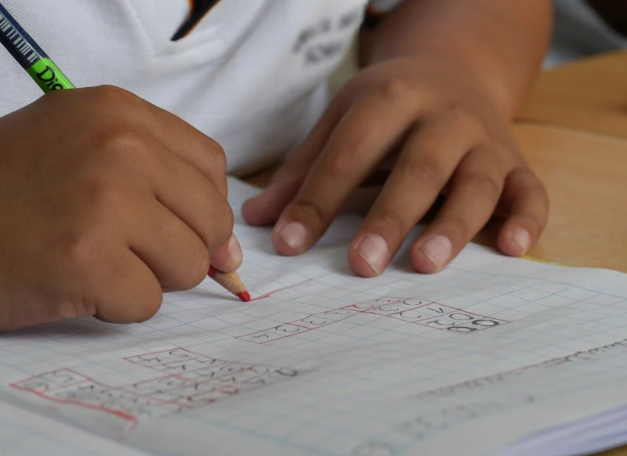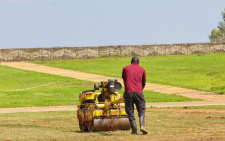Some parents and guardians have always dreaded the December school holidays. This is the time children spend more days at home than the April or August recess.
What will they be doing all these long? Some ask.
There are many temptations. So many Sirens’ songs ready to lure children—particularly adolescents and teenagers — into trouble. In Homer’s account of the adventurous journey of Odysseus, in the Odyssey, the song of the Sirens was so appealing and tempting that it lured sailors to their deaths. Warned by the goddess Kirke, Odysseus overcame the trap by plugging his crew’s ears with wax.
The environment is complex. Drug traffickers. Pedophiles. Alcohol. Mindless watching of games and movies on smartphones. These are the equivalent of the Sirens’ songs that Odysseus was advised against. Adults who went to school in the 70s know the story, as we had small books that had the story. Odysseus plugged his crew’s ears with wax. But we know how he wrestled the crew wanting to break loose and go near where the Sirens were.
How to protect children from the allurements of modern civilisation is the question parents and schools grapple with.
Some schools have answered this question. They send learners home with homework. While homework is part of the learning process, the nature and quantity of homework negates its purpose.
The purpose of school holidays is to relax the minds from the rigour of learning that children have had during the school term or the school calendar. Large amounts of textbook-related homework, which pins down children to a table, secluded from the rest of the family and the community, is bad.
This kind of homework makes nonsense of the very idea of schooling. School provides a defined kind of education or knowledge that is part of the larger universe of knowledge children ought to learn.
The community or home creates special and compelling kinds of knowledge that children or younger generations must be exposed to. It is in fact this indigenous knowledge that provides context to the things schools provide.
India’s the National Curriculum Framework (NCF, 2005) makes this clear.
“The child’s community and local environment form the primary context in which learning takes place, and in which knowledge acquires its significance. It is in interaction with the environment that the child constructs knowledge and derives meaning.”
There must be a dynamic interplay between school education and education inherent in the community and the local environment the child lives in.
There is no better way children can learn the knowledge from the community other than through interaction with parents, older children, youth, and adults in the community. Children can glean valuable information, and connecting it to what they learn gives it enhanced meaning.
Somewhere in the NCF, it says: “Unless learners can locate their individual standpoints in relation to the concepts represented in textbooks and relate this knowledge to their own experiences of society, knowledge is reduced to the level of mere information.”
We shouldn’t reduce the rigour and the coherence of the syllabus “to the level of mere information” by giving learners textbook-oriented homework during their school holidays.
The school syllabus is structured. And we know where to get it. From textbooks written in alignment with the syllabus. Community knowledge is not that structured. Nor are their special people who teach it.
The knowledge is embedded in every situation and occasions to deliver critical pieces of information are not preplanned. The knowledge or insights are given out on the spur of the moment, responding to special circumstances. Learning of such folk wisdom is mainly through observation, hearing and participation.
Huge quantities of homework force children to withdraw from taking part in certain activities, hence missing altogether knowledge that is indispensable to the growth and development of the children.
— The writer is a Communication Specialist



















